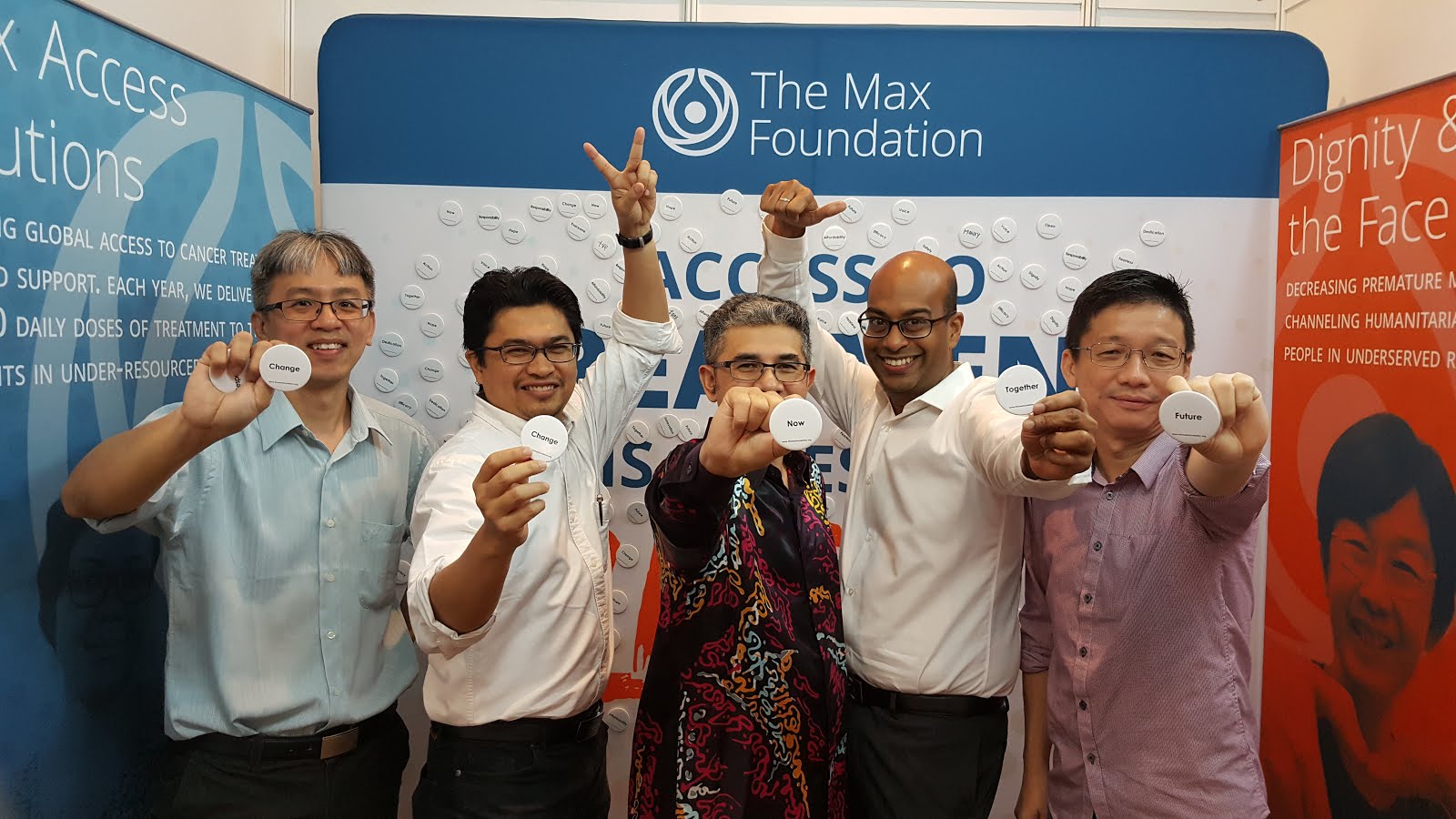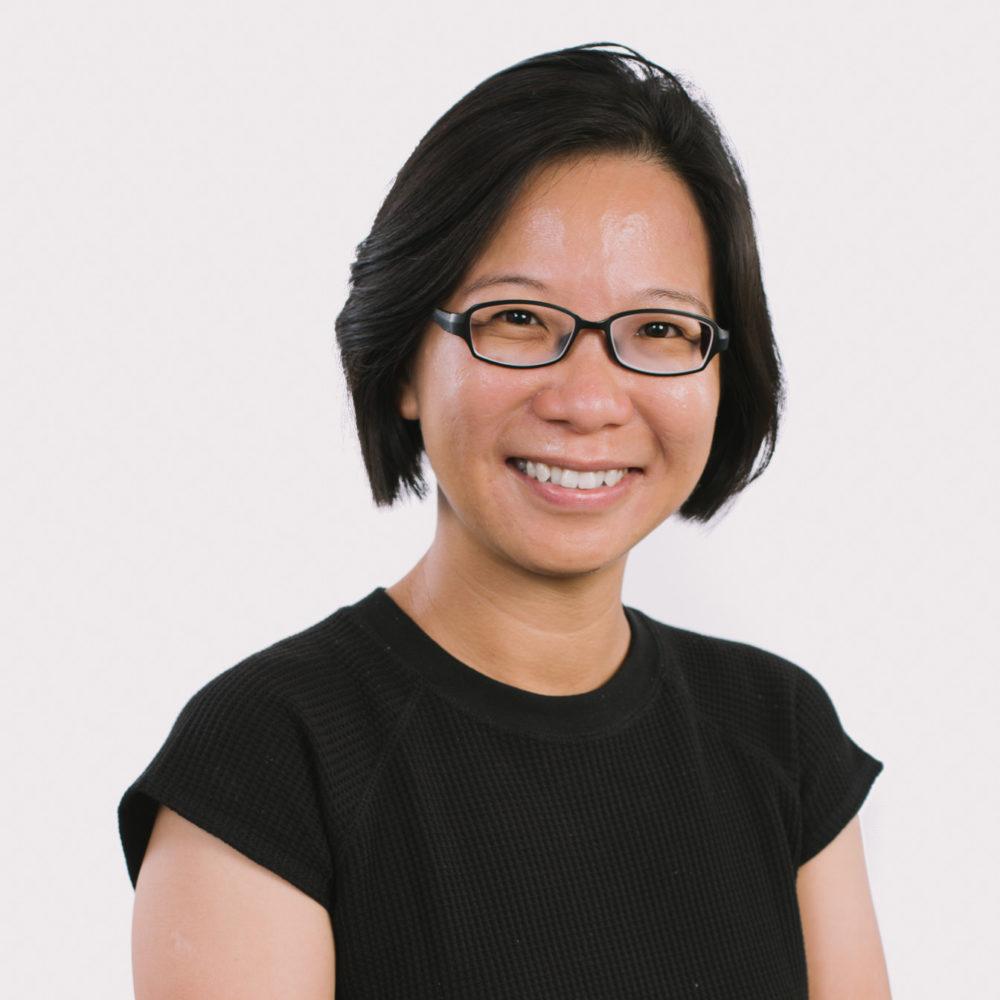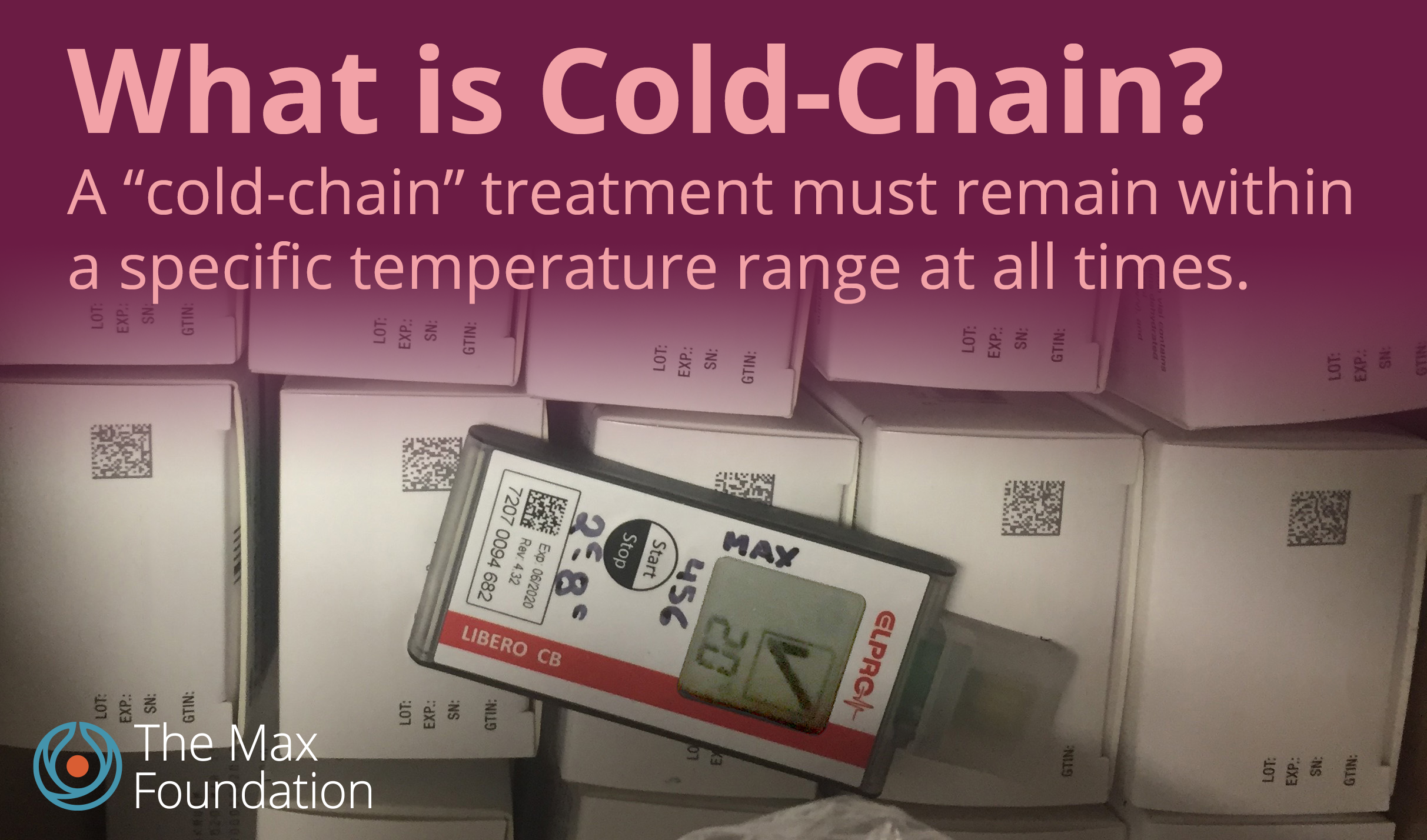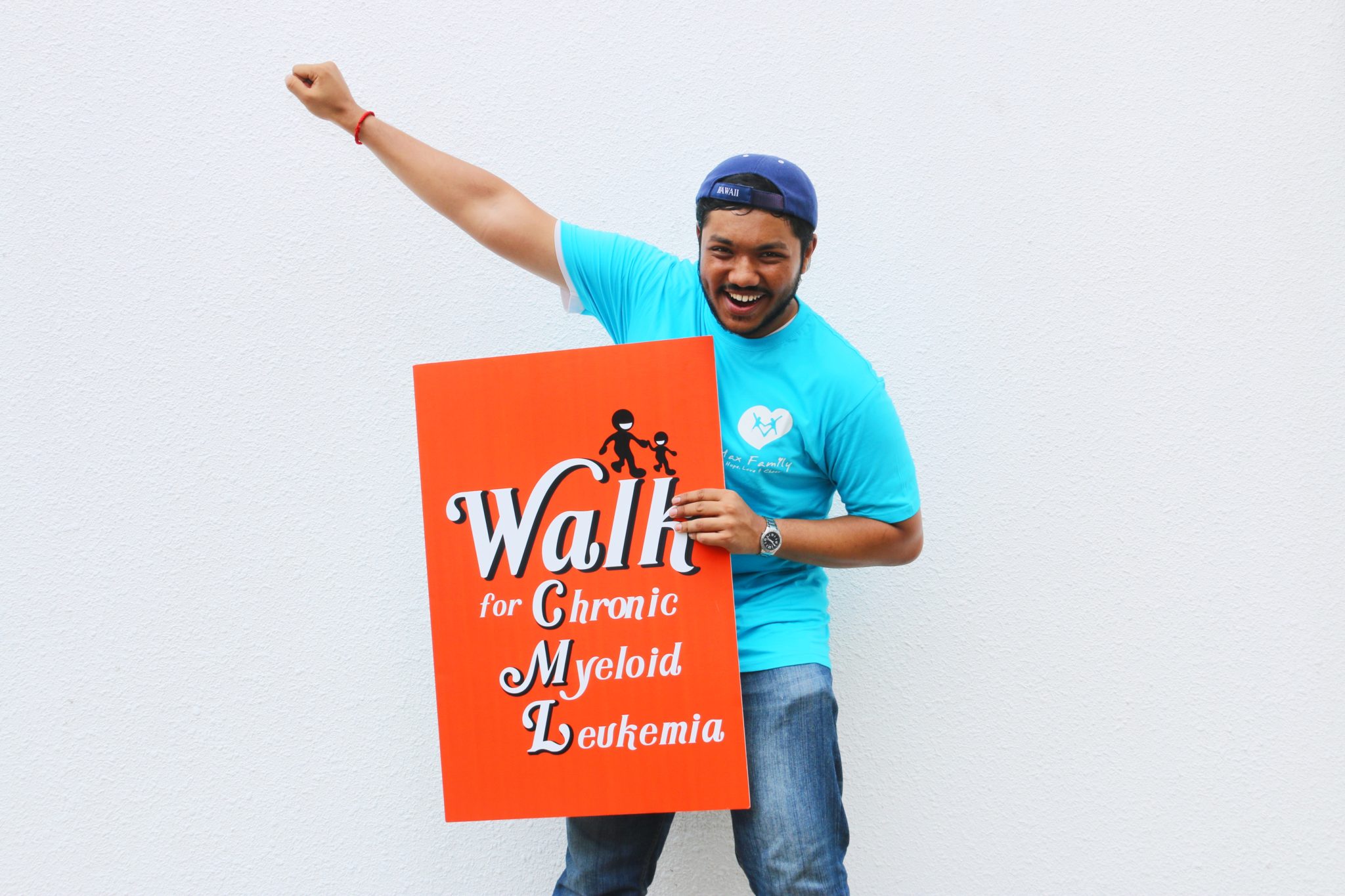What does treatment access mean to you?
When someone facing cancer gains access to treatment, they gain access to life. With oral chemotherapies, access to treatment isn’t simply a one-time occurrence. Each and every day, tens of thousands of cancer patients take life-saving medication they receive free-of-cost – all thanks to the unseen work of partners, donors, and Max team members.
Treatment access means so much to us at The Max Foundation because we understand what it means to patients. We know so many people living beyond their cancer diagnoses because of the access we are able to provide. We know the privilege of watching patients grow, get married, start careers, and give back to their communities. While treatment access means the world to us and our patients, there are many who do not realize the freedom, joy, and dignity that comes with access to a daily dose.
Words to live by
The Max Malaysia team recently attended the Malaysian Society of Haematology (MSH) Annual Scientific Meeting. Surrounded by healthcare professionals, patient advocates, pharmaceutical organizations, and more, we thought it was a great opportunity to hear what people gain when they have access to treatment.
So we created a fun way for people to share their thoughts – hundreds of buttons with different answers to the question, “What does treatment access mean to you?” Attendees selected (and sometimes wrote out) words that reflected their thoughts and then pinned them to our display. Watch as delegates at the meeting shared their responses.
[vc_video link=’https://www.youtube.com/playlist?list=PLIMc_PiZdPhTt78Hj6ZwhXk07BIqrNUvi’]
What about you? What does treatment access mean to you and your community? Share your words in the comments below!
This experience with our new friends at the MSH Annual Scientific Meeting showed that everyone has a role in treatment access. We were proud to represent Max at MSH and to showcase the ways treatment access empowers patients around the world.




